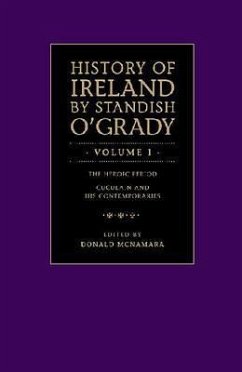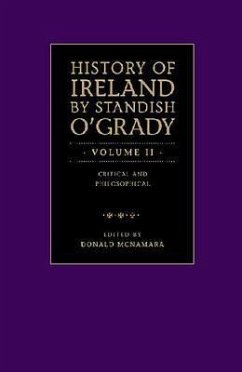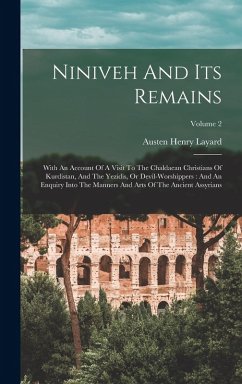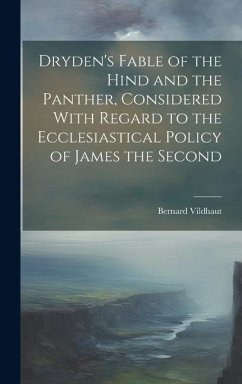Nicht lieferbar

Preying on Foresaid Remains: Remembrance, Commitment and the Contexts of Irish Identity
Versandkostenfrei!
Nicht lieferbar
It was in 1916 that Patrick Pearse proclaimed Ireland a sovereign nation on the basis of its mourning, stating that "from the graves of patriot men and women spring living nations." The concept of creating an Irish nation as a process of mourning has been both popular and prevalent in the writing of politicians, philosophers, artists, and patriots of every kind. This book analyzes Irish literary, political, and nationalist rhetoric as works of mourning. It focuses on a series of interlocking commemorative discourses: obituaries, decommissioning talks, and hunger strike commemorations. Reading ...
It was in 1916 that Patrick Pearse proclaimed Ireland a sovereign nation on the basis of its mourning, stating that "from the graves of patriot men and women spring living nations." The concept of creating an Irish nation as a process of mourning has been both popular and prevalent in the writing of politicians, philosophers, artists, and patriots of every kind. This book analyzes Irish literary, political, and nationalist rhetoric as works of mourning. It focuses on a series of interlocking commemorative discourses: obituaries, decommissioning talks, and hunger strike commemorations. Reading reiterations of these discursive structures in the texts of Beckett, Joyce, and Yeats, as well as in the theories of memory and history from Nietzsche to Derrida, it shows how the nation paradoxically ruptures its political, historical, and cultural limits in the act of thinking or promising them into existence. It argues that as the borders of "Irishness" are both established and exceeded through memories of the dead, the language of mourning opens the way for affirmative re-evaluations of Irish identity as an always-incomplete project.













